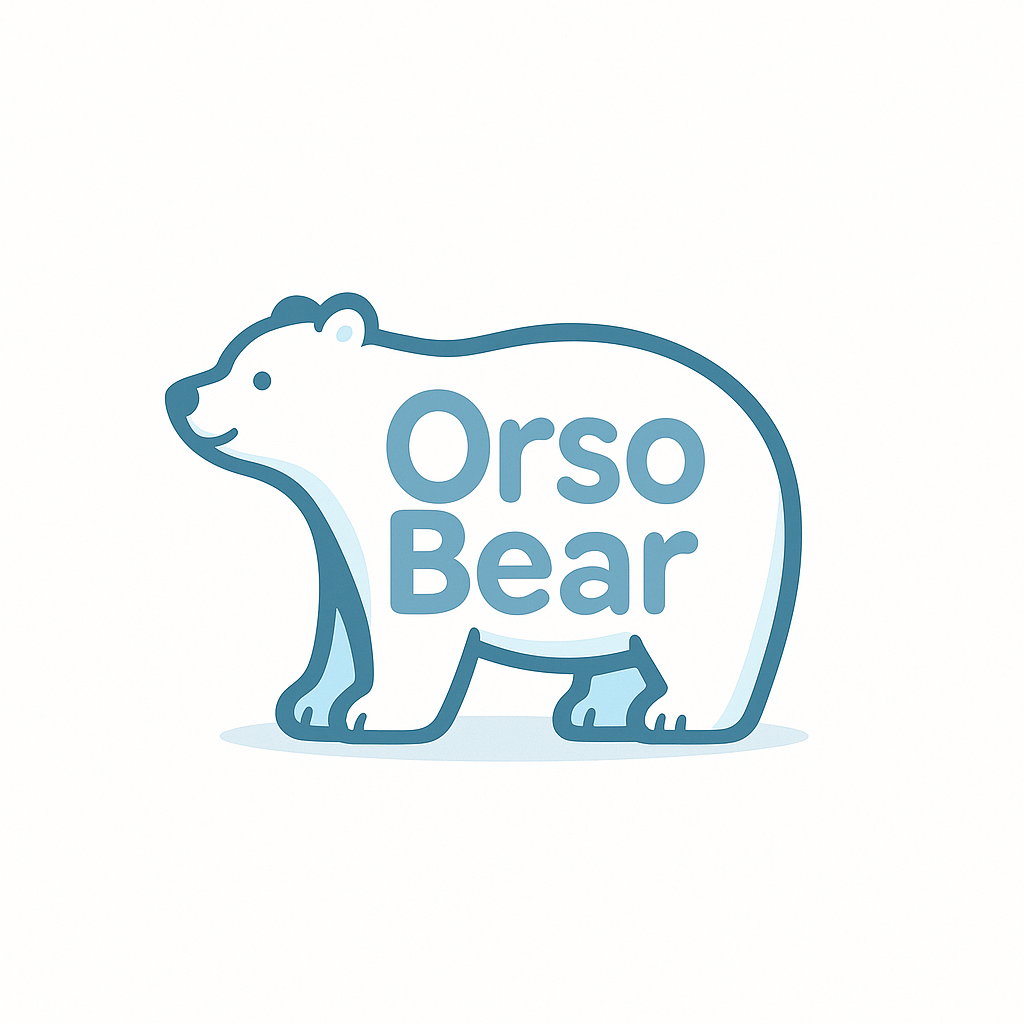Introduction: The Era of AI-Powered Marketing Strategies
Today, Artificial Intelligence (AI) is no longer a distant concept in the realm of science fiction, but a tangible reality that is rapidly transforming the business world. As a small business owner, you have probably heard time and time again about the impact of AI on various industries. But have you ever wondered about the potential power of AI in your marketing strategies? If not, it is high time to do so. According to the International Data Corporation (IDC), global spending on AI systems is predicted to reach $57.6 billion by 2021, with a significant percentage of this being invested in marketing.
AI-Driven Personalization
The first key benefit of AI is its ability to deliver hyper-personalized marketing messages to your target audience. Today, consumers are bombarded with a deluge of generic advertisements, resulting in “ad fatigue”. AI can help you stand out in this vast sea of information by customizing messages based on individual customer preferences.
Take for example, the global streaming service Netflix. They use AI algorithms to analyze individual viewing patterns and preferences. This data is then used to personalize movie and series recommendations for each user, thereby enhancing user engagement and retention rates. Similarly, small businesses can leverage AI algorithms to create personalized marketing messages, improving customer engagement and ultimately, boosting sales.
AI in Predictive Analysis
AI can also be a powerful tool in predictive analytics, allowing businesses to forecast future trends and behaviors with remarkable accuracy. By analyzing historical data and identifying patterns, AI can predict customer needs and wants even before they know it themselves.
Consider the case of Starbucks, which uses AI-powered predictive analytics to offer personalized discounts and suggestions to its customers. This has not only increased customer satisfaction, but also contributed to a significant increase in sales. By implementing AI in your own business, you can tap into this potential and stay one step ahead of your competition.
AI for Improved Customer Service
AI is revolutionizing customer service through chatbots and virtual assistants. These AI-powered tools can handle simple customer inquiries 24/7, freeing up human resources for more complex tasks.
A great example of this can be seen with clothing retailer H&M. They use an AI-powered chatbot on their website and app to interact with customers, recommend products and even process orders. The result? Improved customer satisfaction and increased sales.
Future Implications and Trends
The use of AI in marketing is still in its early stages, but the future holds great promise. More and more businesses will adopt AI-powered marketing strategies, leading to a more personalized and efficient customer experience.
One trend to watch out for is the use of AI in content creation. AI tools like Articoolo and Wordsmith can already generate news stories and reports, and it won’t be long before they can create engaging marketing content as well.
Moreover, the rise of voice search devices like Amazon’s Alexa and Google Home will push businesses to optimize their marketing content for voice search, a task that will be significantly simplified with the help of AI.
Conclusion: Key Takeaways
In conclusion, AI-powered marketing strategies offer a wealth of potential benefits for small businesses. From delivering personalized messages and predicting customer behaviors, to improving customer service, AI can dramatically enhance your marketing efforts.
The key to effectively leveraging AI lies in understanding its capabilities and identifying the areas where it can add the most value to your business. Remember, the goal is not to replace human marketers with AI, but to use AI as a tool that enhances and complements your existing marketing strategies.
As a small business owner, embracing AI now could give you a significant competitive advantage in the future. So, take the plunge and start exploring the potential of AI-powered marketing today.




